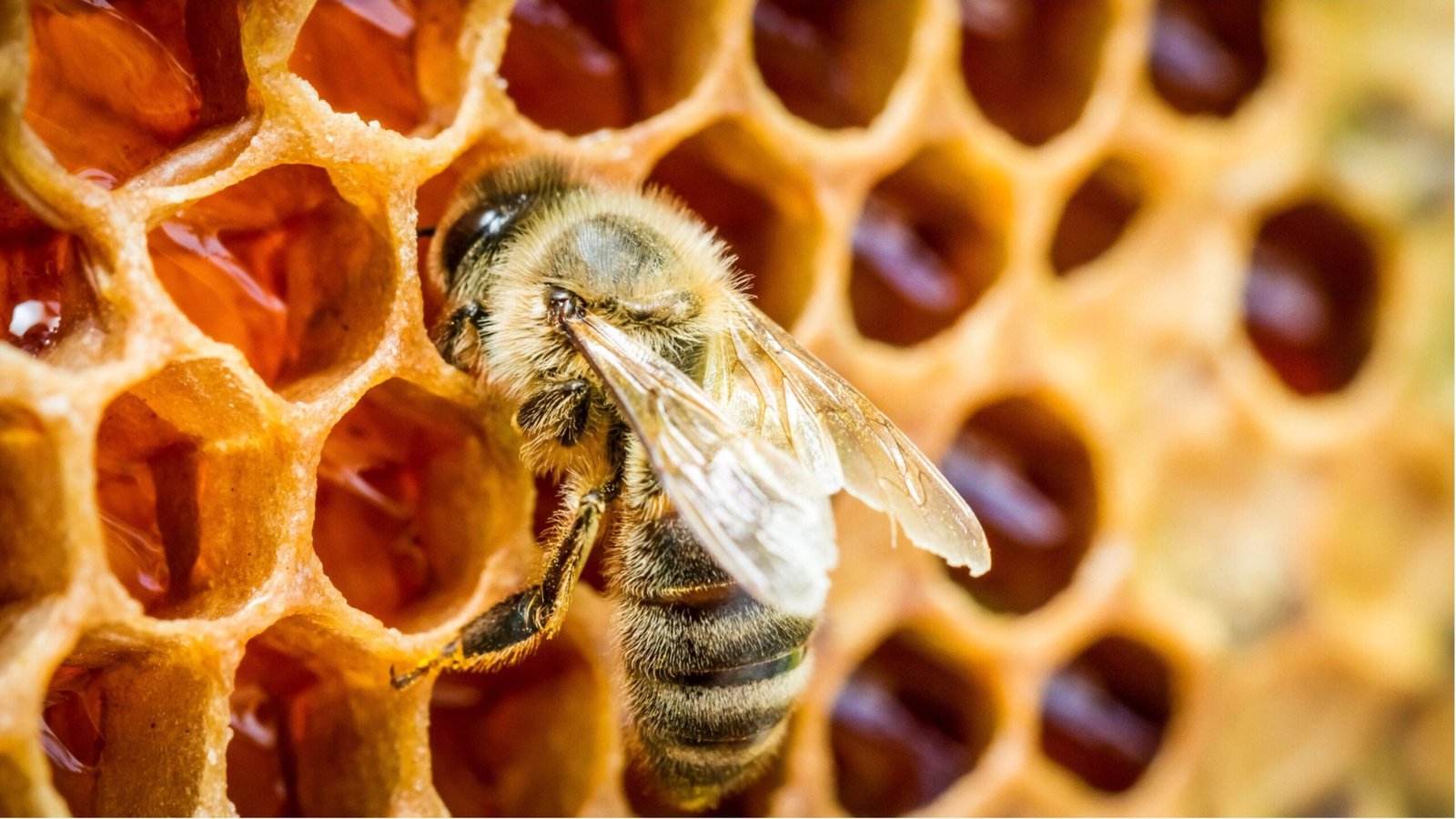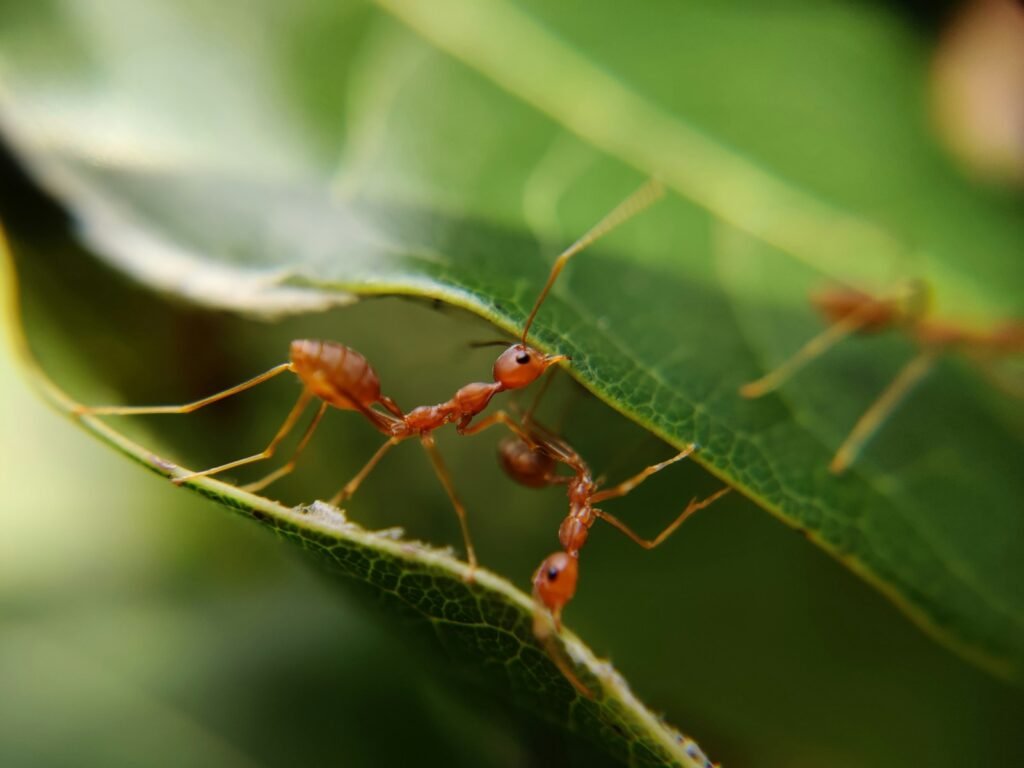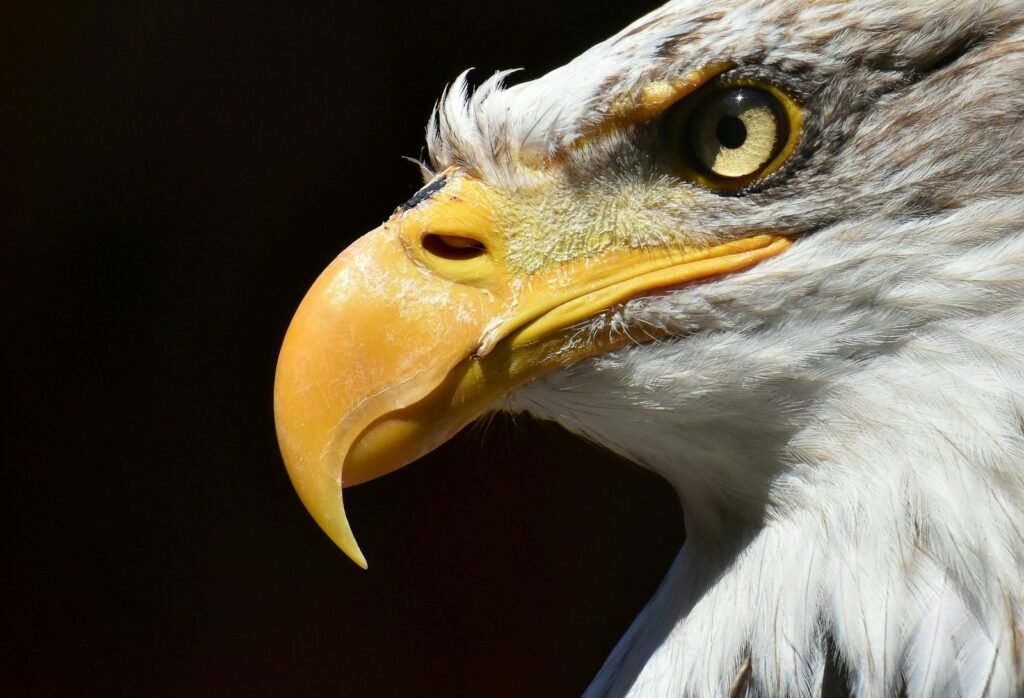Dr. Charles Henry Turner was a pioneering African American scientist whose groundbreaking work in the late 19th and early 20th centuries advanced our understanding of insect behavior. Born in 1867, Turner was one of the first African Americans to receive a Ph.D. in zoology. His insightful research laid the foundation for future studies in entomology and animal behavior, demonstrating that insects display more complex behaviors than previously thought. This article explores Turner’s innovative contributions to the study of insect behavior, emphasizing his enduring legacy in the field.
Turner’s Unique Approach to Insect Behavior

Dr. Turner was known for his innovative and often unconventional methods of studying insect behavior. At a time when many believed that complex behavior was exclusive to vertebrates, Turner employed simple yet effective experiments to challenge this assumption. His observational skills and hands-on experiments offered new insights into how bees, ants, and other insects interact with their environment.
Discovery of Color Vision in Insects

One of Dr. Turner’s most notable contributions was his research on the vision of insects, specifically his work on bees. Turner conducted experiments that demonstrated that honeybees possess color vision, a groundbreaking discovery at the time. By showing that bees could distinguish between different colors to find food, Turner overturned the prevailing belief that insects were colorblind. This research marked a significant step forward in our understanding of sensory perception in non-human species.
Studies on Insect Learning and Memory

Turner’s research also highlighted the cognitive abilities of insects, particularly their capacity for learning and memory. Through experiments with ants and bees, Turner observed that these insects are capable of navigating mazes, solving problems, and remembering the locations of food sources. His findings suggested that insects engage in complex decision-making processes and adaptive behaviors, much like higher animals.
Groundbreaking Work on Social Insects

Turner made significant contributions to our understanding of social insects, such as ants and bees. His studies revealed that these insects exhibit sophisticated communication and social organization. For instance, Turner demonstrated that ants communicate with each other using pheromones and that they follow specific trails to locate food. His observations on the social behavior of insects were ahead of his time and inspired further research into insect societies.
Legacy and Influence on Future Research

Despite facing racial barriers and limited access to resources, Dr. Charles Henry Turner’s perseverance and ingenuity have left a lasting impact on entomology and animal behavior studies. His work not only advanced scientific knowledge but also challenged societal assumptions about both insects and African American scientists. His legacy continues to inspire future generations of researchers, emphasizing the importance of curiosity, dedication, and the pursuit of knowledge.
Conclusion

Dr. Charles Henry Turner’s contributions to the study of insect behavior remain influential over a century later. Through his innovative research on insect vision, learning, memory, and social behaviors, Turner transformed our understanding of these small but complex creatures. His work not only redefined perceptions of insect capabilities but also broke down racial barriers in science. As we continue to explore the intricacies of animal behavior, Turner’s pioneering spirit and discoveries serve as an enduring testament to the power of scientific inquiry.




